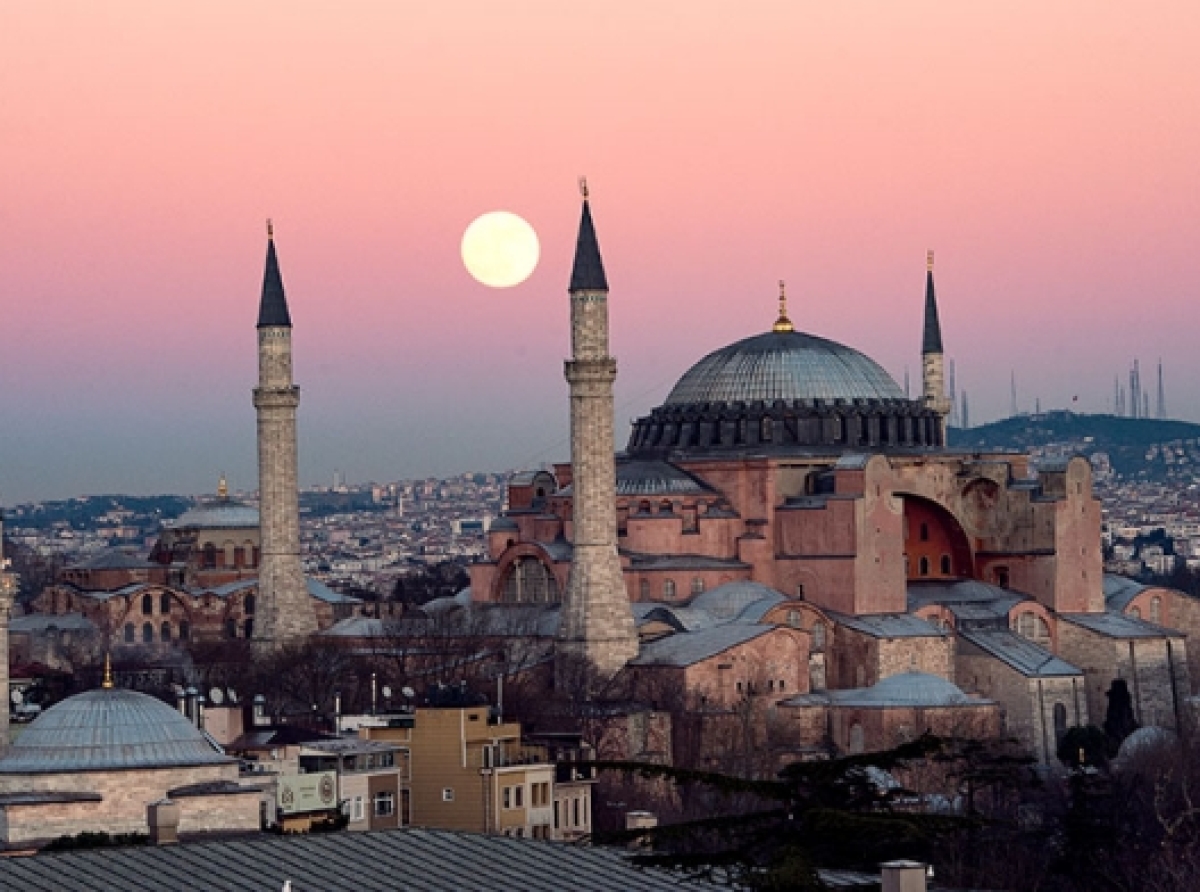The people of Turkey care about tidy appearance and cleanliness. Turks are very interested in long-term relationships, and the longer you are friends and acquaintances with them, the more they will pay attention to their commitments.
Turkey has a lot in common culture and customs with Iran, and this makes it possible for us to negotiate politically and economically calmly and without haste, while both sides are satisfied in the end and it is easier to reach a common goal. They arrive. The Turks are not bound by the titles and attributes of each other and do not fully express attributes such as doctor, engineer, etc., and may suffice to say the word Mr. and Mrs. or the first name, and this is a sign of more respect and friendship. they know.
The first constitution of the Republic of Turkey, which was drafted in 1924, defined Islam as the official religion of Turkey. However, in the 1928 constitutional amendments, this article was removed and with the emphasis on the separation of religion from politics, Turkey was introduced as a country with a secular government (separation of religion from politics). According to the latest statistics available in Turkey, about 99.8% of the country's population are Muslims and 0.2% are Christians, Christians and followers of other religions. (Of course, according to the Comprehensive Atlas of Geology, 5.92% are Muslims (mostly Sunni), 0.2% are atheists and the rest are 0.5%. Turkish Muslims are predominantly Sunni, with the Hanafi's being the largest group, living mainly in central and western Turkey. The Shari's are sparsely populated in eastern Turkey and are mostly Kurdish.
Tourism in Turkey is an important part of the country's economy. The Ministry of Culture and Tourism is branding Turkey in the world through advertising and working on the country's national culture. In addition to neighboring countries, Turkey receives tourists from all over the world. The number of World Heritage Sites in Turkey the number is 17 and the country's ancient monuments to nature and shopping centers Shhryash, be used to improve the local economy.
Visiting a mosque is one of the best ways to learn about Muslim culture and experience unparalleled examples of Islamic architecture and design, which is typified by jewel tones, gold embellishment, and constellations of geometric patterns. Many historic mosques, including the Süleymaniye Mosque where Özkan works, are part of larger complexes that once included schools, cemeteries, and shops. Mosques are open to all visitors except during prayer times. (Non-Turkish Muslim travelers are always free to join in prayers, says Özkan.) You can also engage registered guides for an educational tour of mosques like Aya Sofya, the Blue Mosque, and Kariye Mosque.
During prayer, the Süleymaniye Mosque Cultural Info Center offers 20-minute presentations about Turkish culture, with complimentary tea or Turkish coffee — and sometimes even soup and baklava, says Özkan. The center’s volunteers are also available inside the mosque to answer questions about the history and architecture of this striking space.
When entering a mosque, both men and women need to have their legs covered and shoes removed. Women are expected to cover their heads with a scarf. (Don’t worry if you forgot; most mosques have scarves you can borrow.)
One way that observant Muslims show their devotion is by praying throughout the day. In every Turkish city, the call to prayer reverberates from mosque speakers five times daily, announcing central tenets of the Islamic faith and reminding Muslims to pray. The first one takes place before sunrise and admonishes the faithful to remember that “prayer is better than sleep.”
When they hear the call, practicing Muslims stop what they’re doing, kneel facing Mecca, and pray. Non-Muslims are not expected to partake in this, but there is some etiquette you should practice when you encounter others who do:
+Avoid standing in front of anyone who is praying
+Stay silent during the call
+Give worshippers their space and refrain from taking pictures of them.
Note that many Muslims come to mosques to pray or read the Koran or just relax in a sacred space even outside scheduled prayer times. Respect them by refraining from public displays of affection, taking pictures of them, or engaging in disruptive and loud .
Translator :Amir Ali Esmail pour
Edittor :Faeghe Ebrahimpour

 En
En  Fa
Fa 